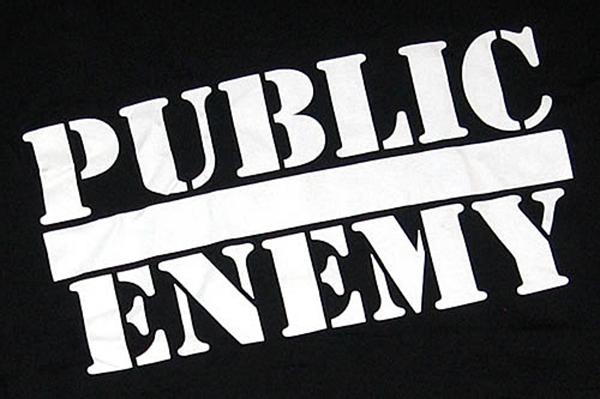Personal
Finance for Empty Pockets
I know exactly what made to look at my book,
it’s the word “empty pockets”.
Chapter One : Read It
Think
of this book as making an investment on yourself. This investment is like planting a seed in
the soil, watering the soil, giving it every opportunity to catch the sun light
and protecting it. It is your seed from here onward and you have to make sure
that it grows out of the soil and it rises as high as possible.
The seed that you are invested in is a Chinese bamboo tree
seed. What is so special about the Chinese bamboo seed? The Chinese bamboo tree
seed does not break through the ground in its first 4 years…You have to nurture
it for four straight years.
The Chinese bamboo tree breaks through the ground in its
fifth year and it grow over 90 feet in the first five weeks of the fifth year!
The seed here for you is how and where you see yourself in five
years, it is a vision of yourself. You have to start working on this vision of
yours from today, protect this vision and nurture it. That is the only way your
vision can stand tall in front of you. So before you read any more of this
book, I want you to visualize your success. No matter what your goal is,
weather it is to have enough money saved in your bank account for a down
payment for a car, home, or what every your financial goal is. Plant that seed,
that vision in your brain.
I am sure that you have made a billion plans so far in your
life and if each one of these plans had come to existence I am sure that you
would not be reading this book at all or be in a boring book store. You would
have been chilling out near a beach with a margarita and sun tanning. So, let’s
make another attempt, another plan, let us plant this seed! Let us not make it
worse than it already is, let us try to break through this ground and rise high
and feel the sunshine.
My strategy is to think about the future. Whatever age you
are at, think about the next five years. Let us target the next five years of
our lives. Visualize where you will be, how you will be, how you will feel and how
amazing it must feel to be where you really truly wanted to be. I know you can
taste it, feel it and see it.
Now, we need to make a plan. I know you don’t pay attention
to details, however, this plan, you need to really think about. The best way to
do this is to get a note book. In this note book each day you are going to
write down what exactly you are going to do that will propel you closer to your
goal. For example, one of the challenges that I had at my work was that I was
not talking at all in the morning meetings. I wrote that in the book that, “tomorrow
Khurrum Zaka you are going to talk for at least 1 minute”. Right there I committed
and created an action plan to propel me to wards my ultimate goal. Next
morning, I looked for an opportunity to talk in the morning meeting. Before, I did
my “taking” or giving my opinion I told myself that, Khurrum Zaka you need
this, you are not going to die if you talk.
You have to put yourself in a situation where you are scared
and uncertain. You have to take that risk in order to walk over towards your
goal. That is the only way you will be able to propel yourself. The first time
is the hardest, but after you do it, you will have this feeling of achievement.
Chapter Two: Plant the Seed
Ok!
So you are ready to plant the seed. Awesome! I want you to say this to your
brain, “ Hi Brain, I am going to make you go through hell for the next little
while and I know you are going to argue with me and think why the hell am I putting
myself through this. Trust me I know what I am doing, I am planning right now,
I am planting this seed which is very dear to me and I am going to water this
soil for the next four years. I am the only person who can water this plant, I
am the only one who can take care of this, so either work with me or get the
hell out of here because it’s about to get busy in here.
Coffee Break.....
























